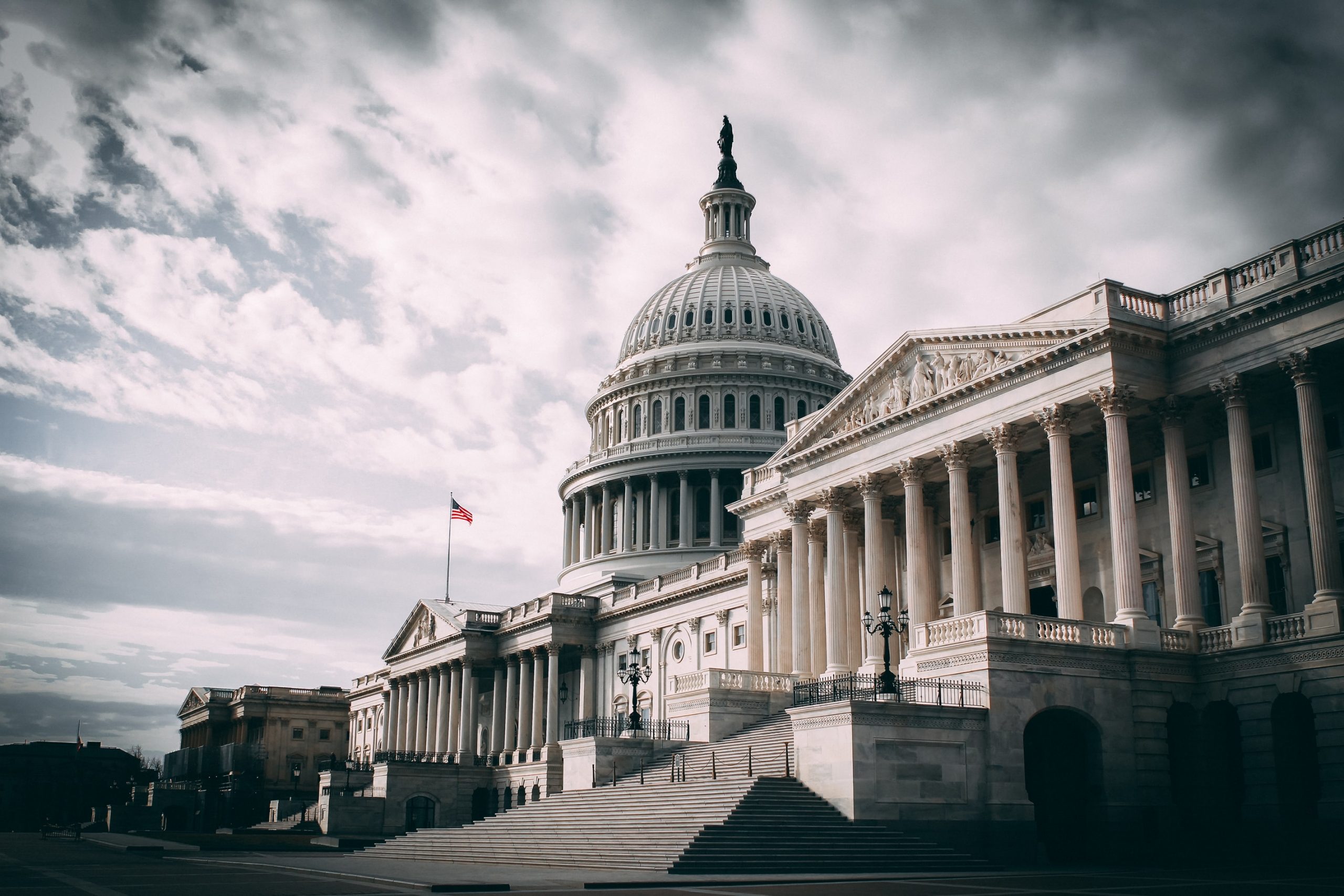"After all, the filibuster is not authorized in the Constitution, nor is it expressly prohibited. I argue that the filibuster in its original, purest sense is constitutional, but that is not the filibuster we have today. In its current form, the filibuster is unconstitutional because it disrupts the Senate’s legislative process as outlined in the Constitution and has feeble historical support.
By Madeleine Polubinski — In recent years, congressional gridlock has focused national attention on the Senate’s filibuster. The filibuster is the process by which a minority of senators delay or prevent a vote on legislation by speaking as long as possible on the Senate floor, until...

legaljournal.princeton.edu
........
However, the filibusters’ debate-promoting potential is inextricable from, and ultimately overshadowed by, its
obstructionist implementation. For more than a century, senators have
exploited cloture rules to stall Congress or block legislation altogether. Filibusters have become less about debate and more about grandstanding for media attention or simply killing time to stall a bill. After exhausting relevant topics, which are rarely genuine efforts for further deliberation, speeches often devolve into
unrelated topics that range from discussions of salad dressing recipes to recitations of each states’ voting laws.
At best, today’s filibuster sees senators belaboring well-known objections to bills. At worst, it shuts down debate and stalls the Senate, delaying or blocking legislation. In an even more flagrant deviation from the filibusters’ supposed deliberative function, filibustering today usually does not even require debate.
“Silent filibusters” allow senators to block legislation without debate by merely voicing their intent to filibuster. Silent filibusters are a complete perversion of the filibusters’ deliberative potential and prove that the process functions as nothing more than a three-fifths majority requirement for regular legislation."


